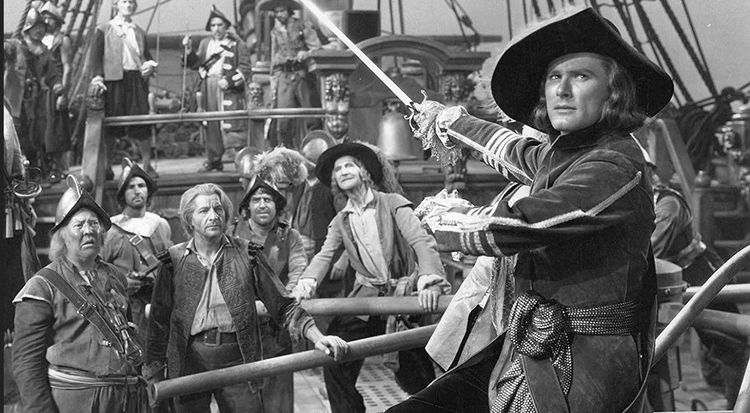

03/13/2014
Jim Goad in TakiMag asks why there are no movies about the history of white slaves in America.
There are two types of ignorant people: those who don’t know, and those who know but choose to ignore. While nary a day goes by when our pink snouts aren’t rubbed in black slavery and the Holocaust, I can’t remember the last time the media made a peep about white slavery in the American colonies — nor even its more benign term, white indentured servitude. Then again, one can’t forget — nor even remember — what you don’t know about in the first place.
I can count at least one distant ancestor who was transported to the New World as an indentured servant. I’ve dealt with the white-hot topic of white slavery in my book The Redneck Manifesto and in a magazine article that was factually correct yet allegedly cost the magazine in question significant ad revenue from disgruntled White Slavery Deniers. [Why Does Hollywood Ignore White Slavery?, March 10, 2014]
There actually was a movie almost 80 years ago, about a white man transported from England to the Caribbean as a slave after Monmouth’s Rebellion in 1685.
It was called Captain Blood, starring Errol Flynn, and here’s a quote:
[Peter Blood watches as the slave ship he and the others are on approaches Port Royal]
Dr. Peter Blood: It’s a truly royal clemency we're granted, my friends … one well worthy of King James. He spares us the mercifully quick extinction of the hangman’s rope … and gives us the slow death of slavery. He grants us our lives in exchange for living death. Faith, it’s an uncertain world entirely.
You can read the Rafael Sabatini book the movie was based on online. Chapter 4 is called "Human Merchandise", and says the same thing at greater length.
[King James II] had been graciously pleased to command that eleven hundred rebels should be furnished for transportation to some of His Majesty’s southern plantations, Jamaica, Barbados, or any of the Leeward Islands.
You are not to suppose that this command was dictated by any sense of mercy. [They’d been planning to hang all the rebels.]. Slaves were urgently required in the plantations, and a healthy, vigorous man could be reckoned worth at least from ten to fifteen pounds. Then, there were at court many gentlemen who had some claim or other upon His Majesty’s bounty. Here was a cheap and ready way to discharge these claims. From amongst the convicted rebels a certain number might be set aside to be bestowed upon those gentlemen, so that they might dispose of them to their own profit …
[King James] knew that to spare lives in this fashion was to convert them into living deaths. Many must succumb in torment to the horrors of West Indian slavery, and so be the envy of their surviving companions.

This, of course, is the one exception I personally can think of to Goad’s point that Hollywood has ignored the fact that forced labor in North America and the Colonies had a white component — and it’s almost eighty years old.
Of course, the majority of slaves were black. That’s because barring exceptional cases like Monmouth’s Rebellion, the British didn’t sell their own people much. The way I put in a 2007 post was
American slave traders bought slaves in Africa not because they either liked or disliked Africans, but because it was the only place in the world people were for sale.
This is a content archive of VDARE.com, which Letitia James forced off of the Internet using lawfare.